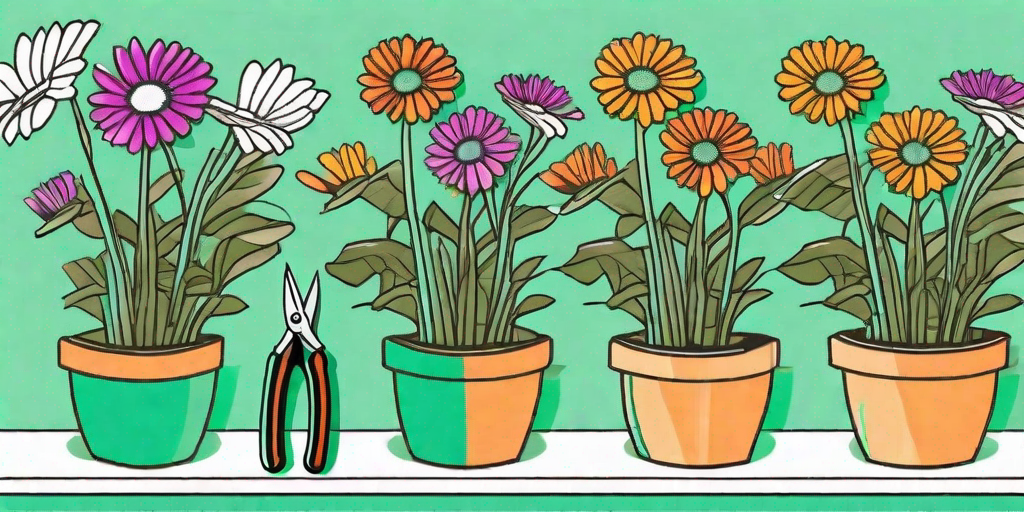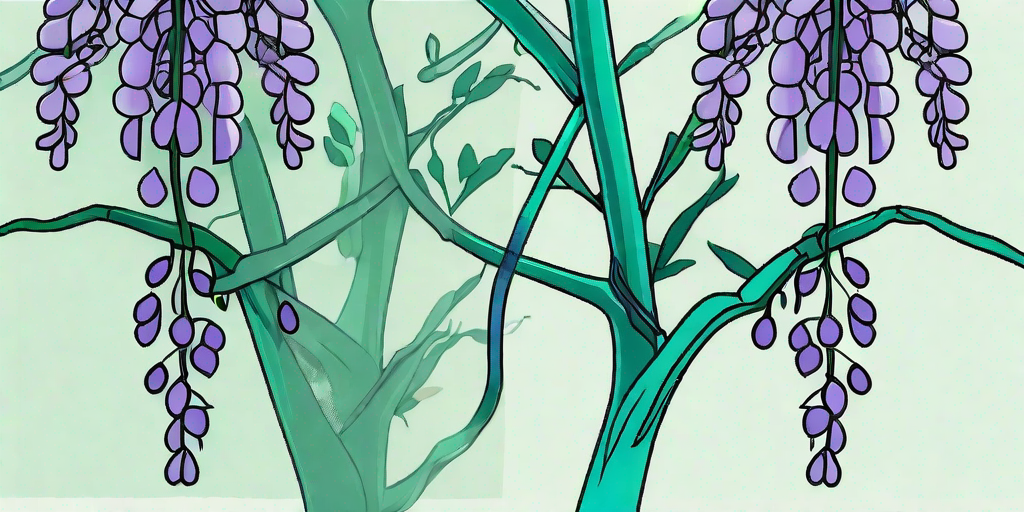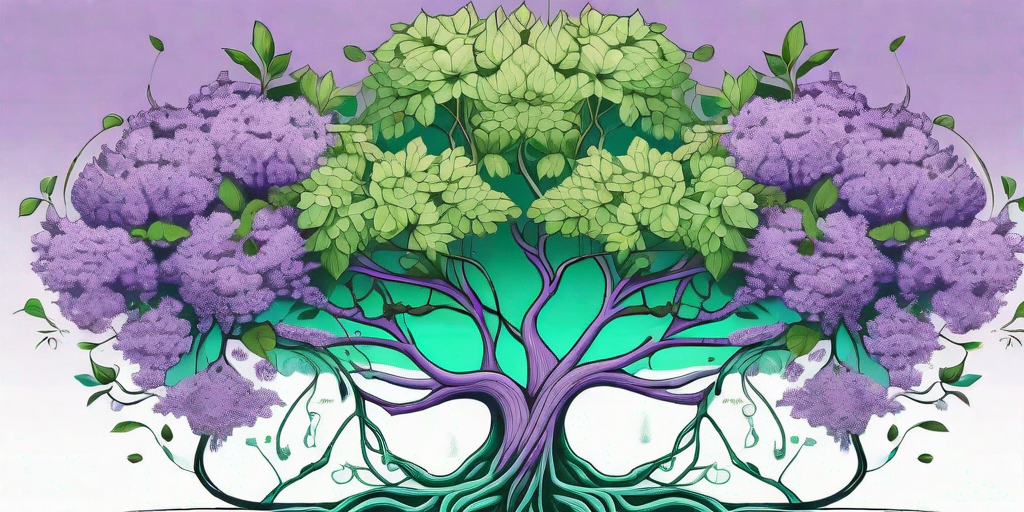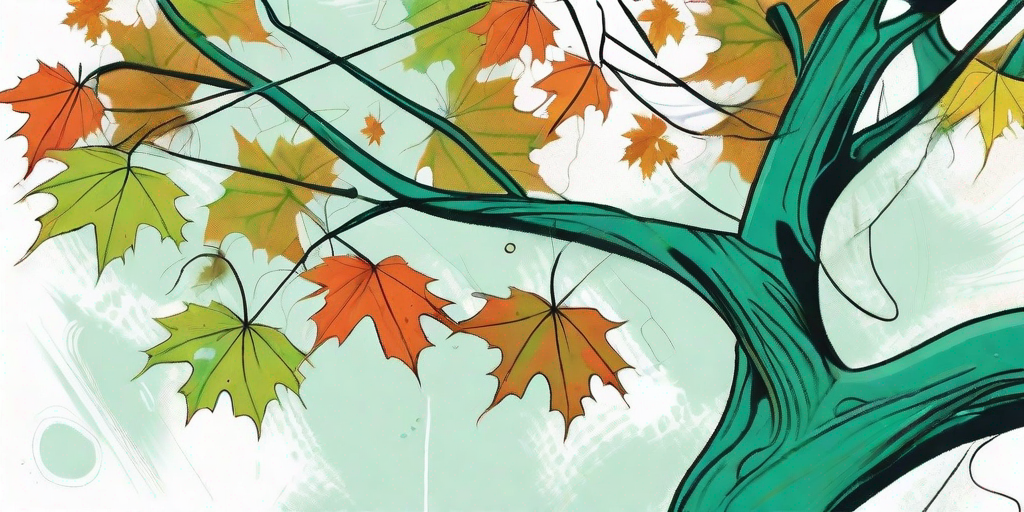
Ah, the pansy. This cheerful little flower, with its bright, expressive face, is a staple in many gardens. But one question that often arises among garden enthusiasts is: are pansies perennial? Well, buckle up, because we're about to dive deep into the world of pansies and their life cycle.
The Life Cycle of a Pansy
Before we can answer the perennial question (pun absolutely intended), we need to understand the life cycle of a pansy. Pansies belong to the Viola genus, which is a large family of flowering plants. They're a hybrid plant, created by crossing several different types of violas.
Now, here's where things get a bit tricky. Pansies are technically perennials, which means they're supposed to live for more than two years. However, they're often treated as annuals or biennials (plants that live for only one or two years) because they don't always survive the winter in colder climates.
The Annual Life Cycle
If you're treating your pansies as annuals, you'll plant them in the spring, enjoy their blooms throughout the summer, and then let them die off in the winter. Come next spring, you'll need to plant new pansies if you want to enjoy their cheery faces again.
But wait, you might be thinking, I thought pansies were supposed to be perennials! Well, yes, they are. But sometimes Mother Nature has other plans. Cold winters can be tough on pansies, and they might not survive to bloom another year. Hence, the annual life cycle.
The Biennial Life Cycle
On the other hand, if you're treating your pansies as biennials, you'll plant them in the fall, let them overwinter, and then enjoy their blooms in the spring. After blooming, they'll die off, completing their two-year life cycle.
This is a great option if you live in a milder climate where your pansies have a better chance of surviving the winter. Plus, you'll get to enjoy their blooms earlier in the spring!
How to Encourage Pansies to Return
So, you've fallen in love with your pansies and you want them to return year after year. Can you convince these fair-weather friends to stick around? Absolutely! Here are a few tips to increase your pansies' chances of survival.
Choose the Right Variety
Not all pansies are created equal. Some varieties are more cold-hardy than others. If you live in a colder climate, look for varieties like 'Icicle' or 'Winter Pansies', which are bred to withstand colder temperatures.
On the other hand, if you live in a warmer climate, you'll want to choose heat-tolerant varieties. 'Majestic Giants' and 'Swiss Giants' are both good options.
Provide Proper Care
Pansies are pretty low-maintenance, but they do have a few specific needs. They like well-drained soil and a sunny or partially shaded location. They also prefer cooler temperatures, so try to provide some shade during the hottest part of the day.
Regular watering is also important, but be careful not to overwater. Pansies don't like to have wet feet! A layer of mulch can help keep the soil moist and protect the plants from extreme temperatures.
Frequently Asked Questions
Are pansies deer resistant?
Unfortunately, pansies are a favorite snack of deer. If you have a deer problem in your garden, you might want to choose a different plant.
Can pansies grow in pots?
Absolutely! Pansies are great for container gardening. Just make sure your pot has good drainage to prevent waterlogging.
Do pansies need a lot of sun?
Pansies prefer full to partial sun. However, they can tolerate some shade, especially in hotter climates.
In Conclusion
So, are pansies perennial? The answer is yes... and no. While they're technically perennials, they're often treated as annuals or biennials because they don't always survive the winter. But with the right care and a little bit of luck, you can encourage your pansies to return year after year.
So go ahead, plant some pansies. Their cheerful faces will brighten up your garden, and who knows? They might just decide to stick around for a while.















